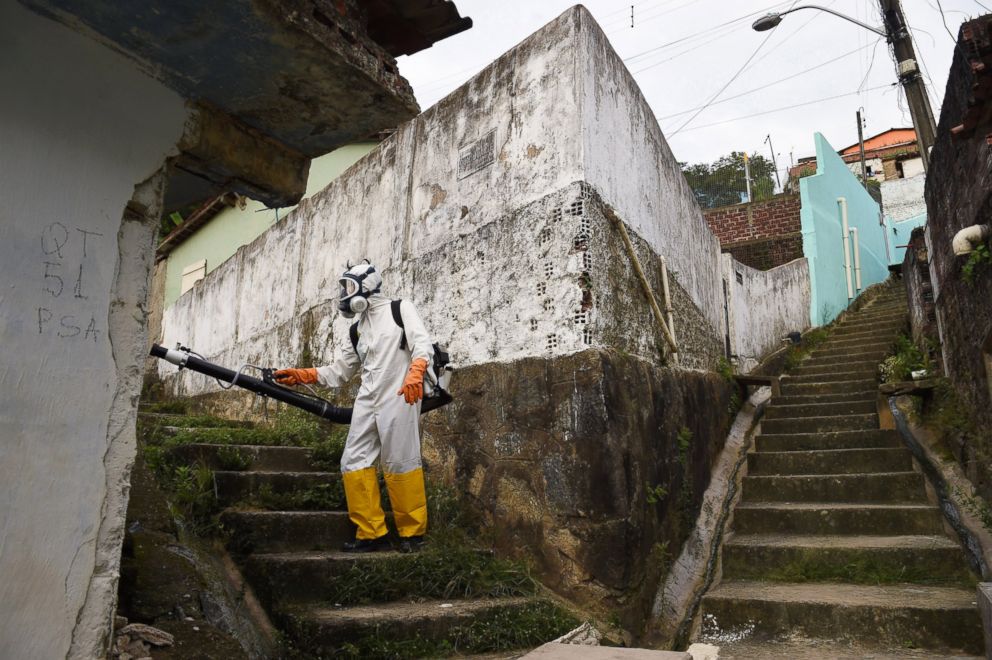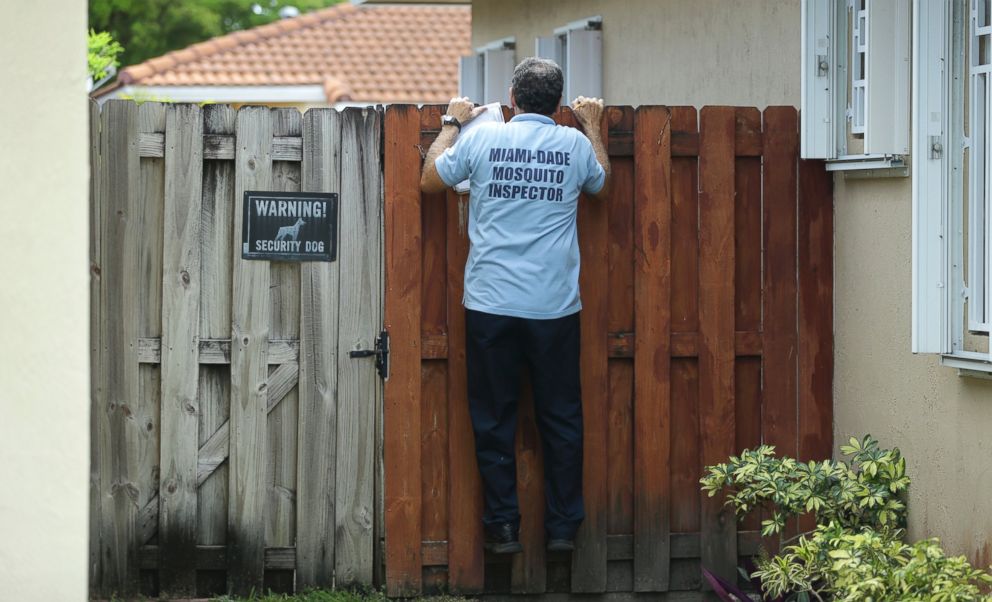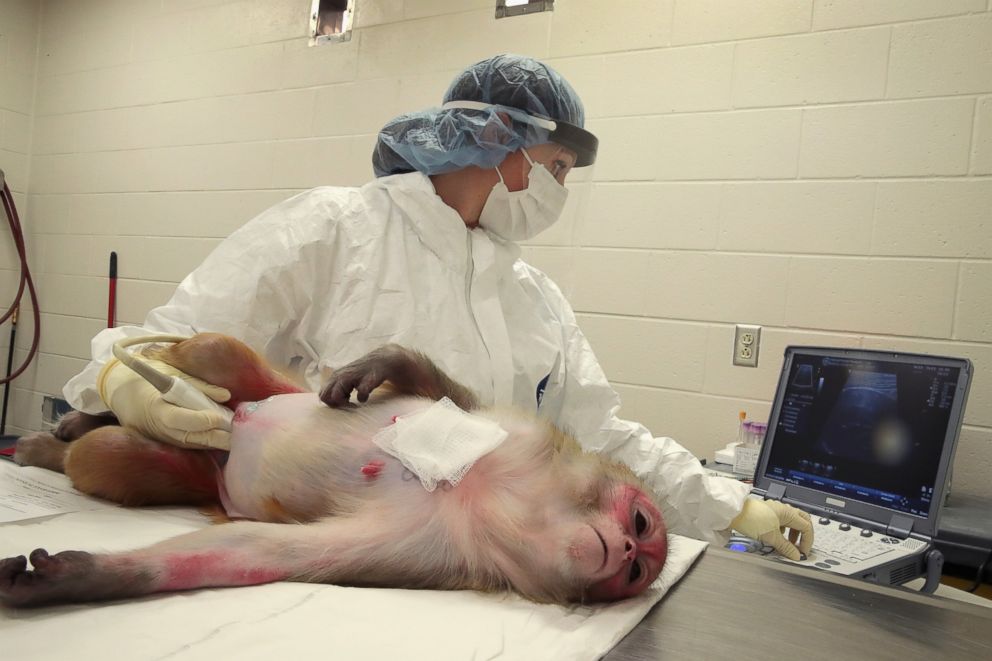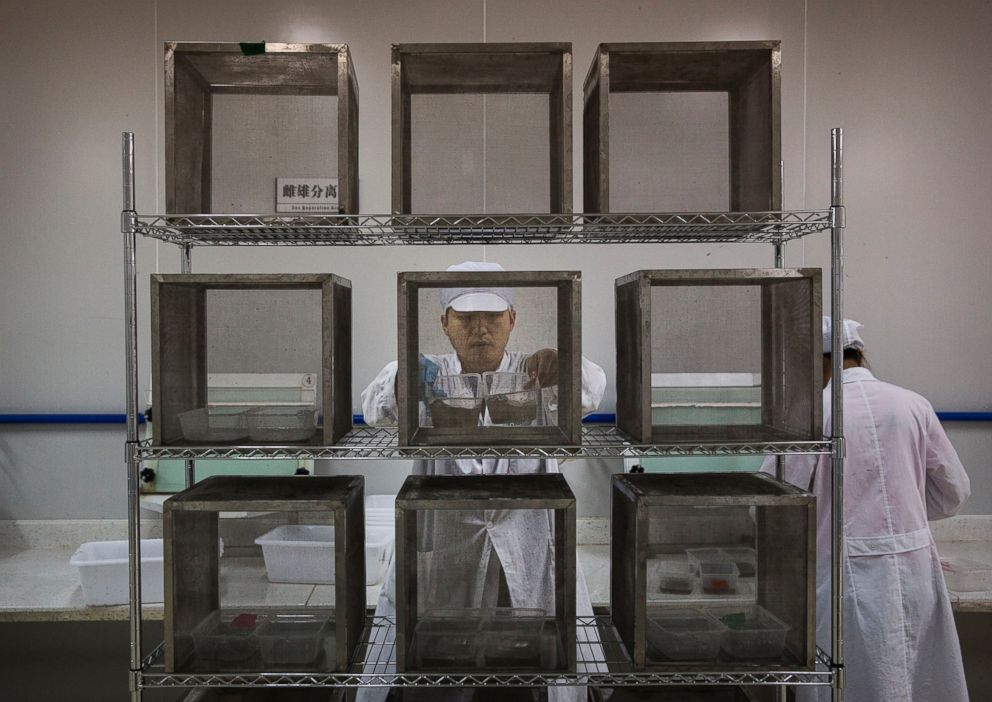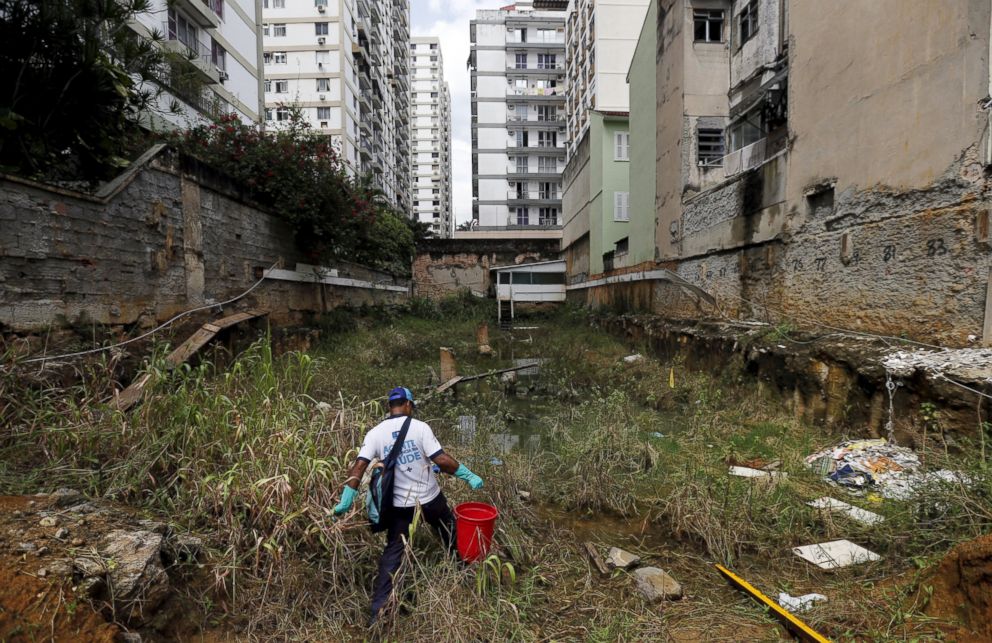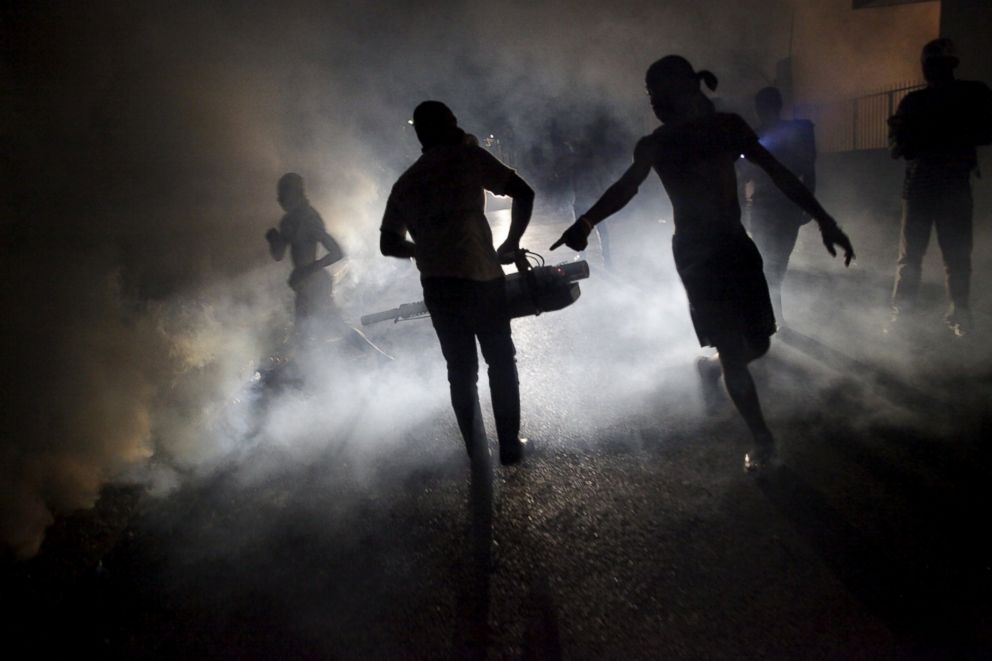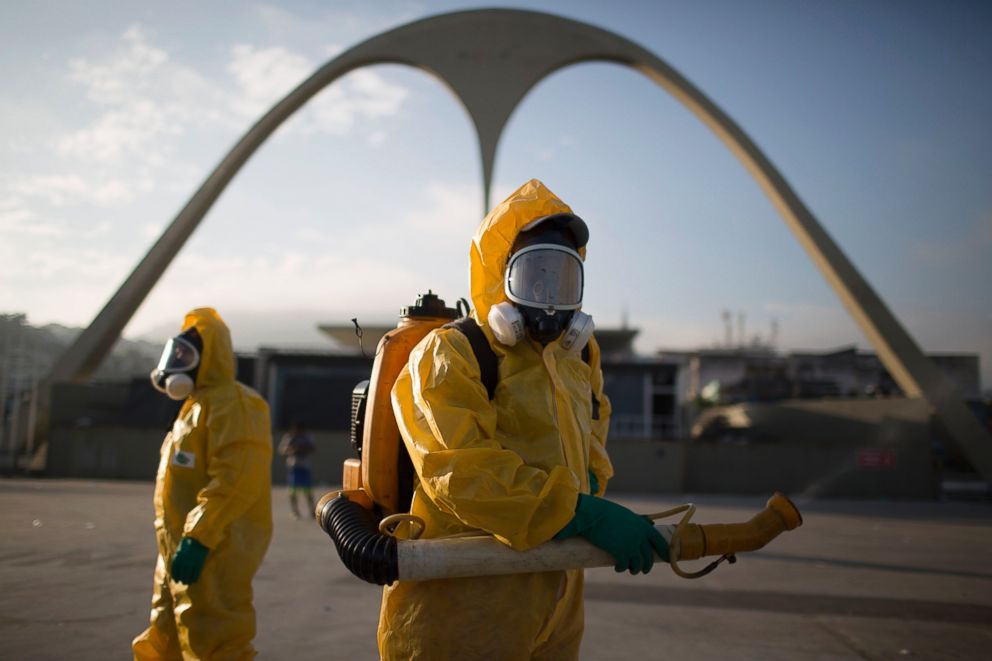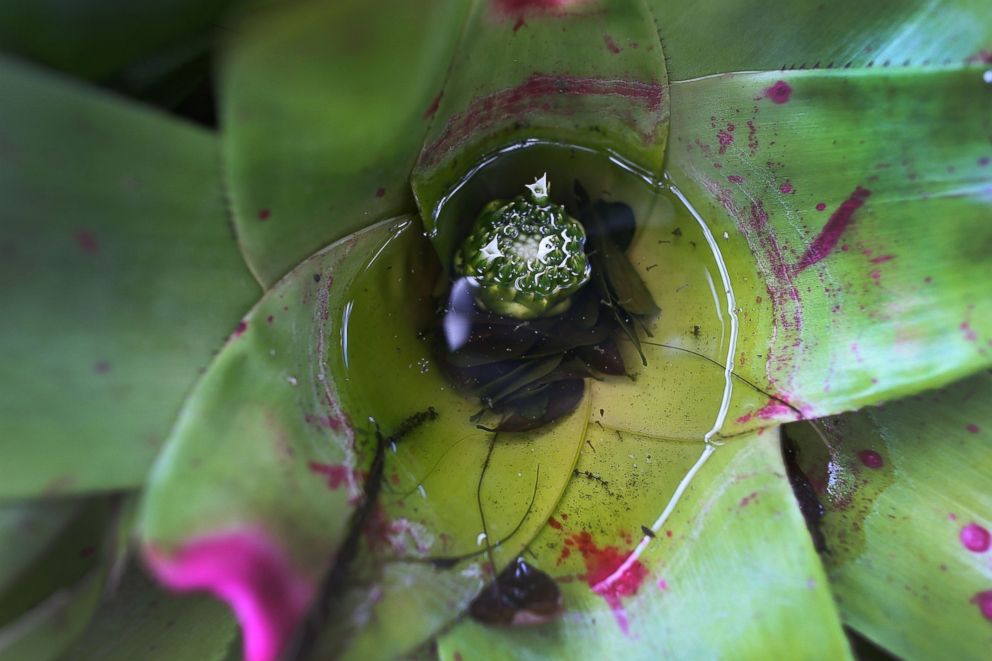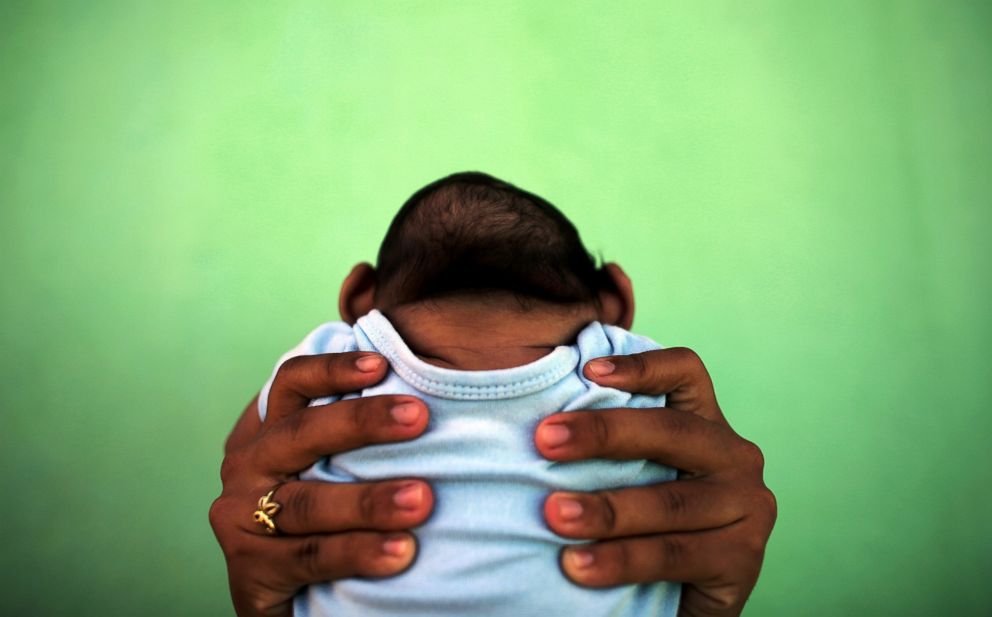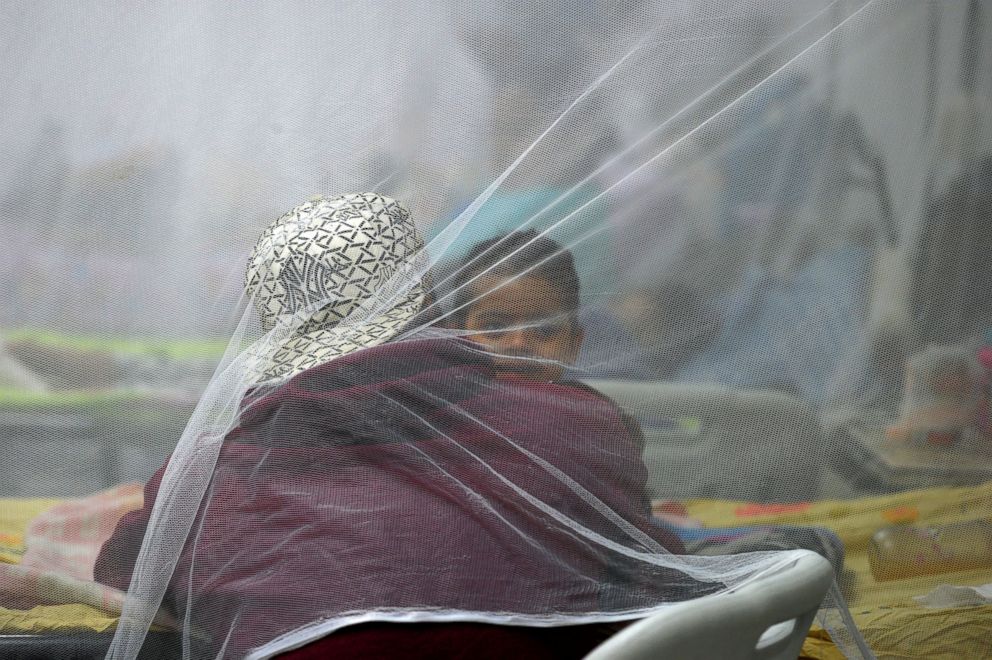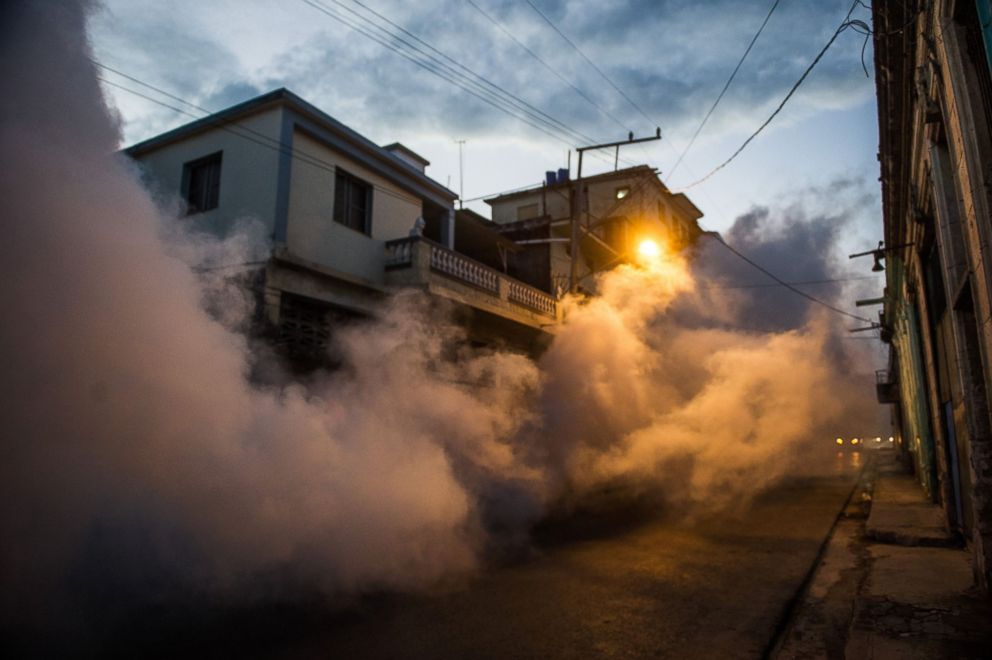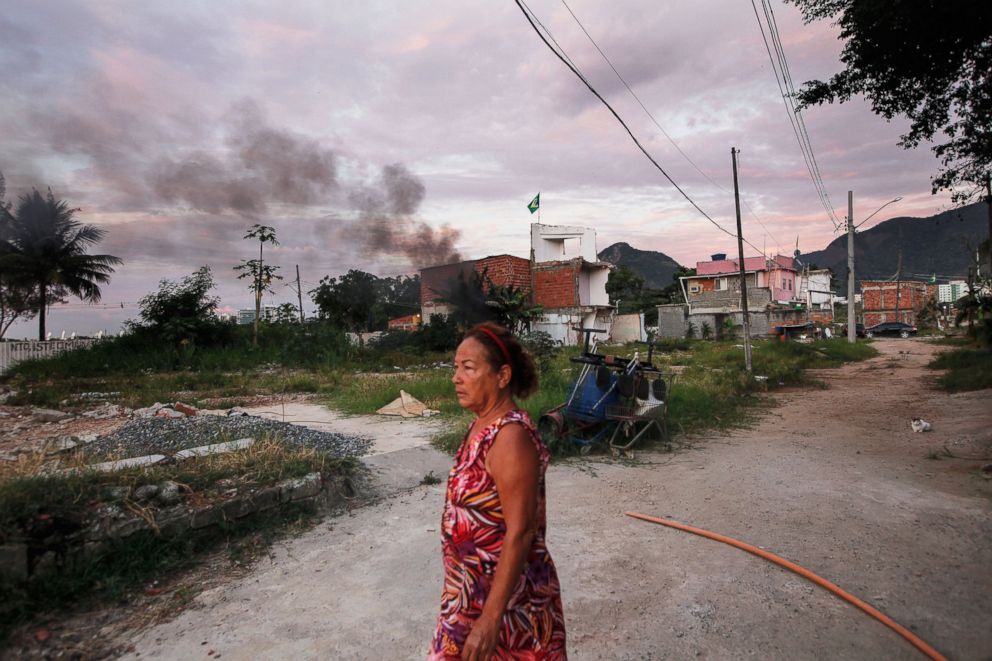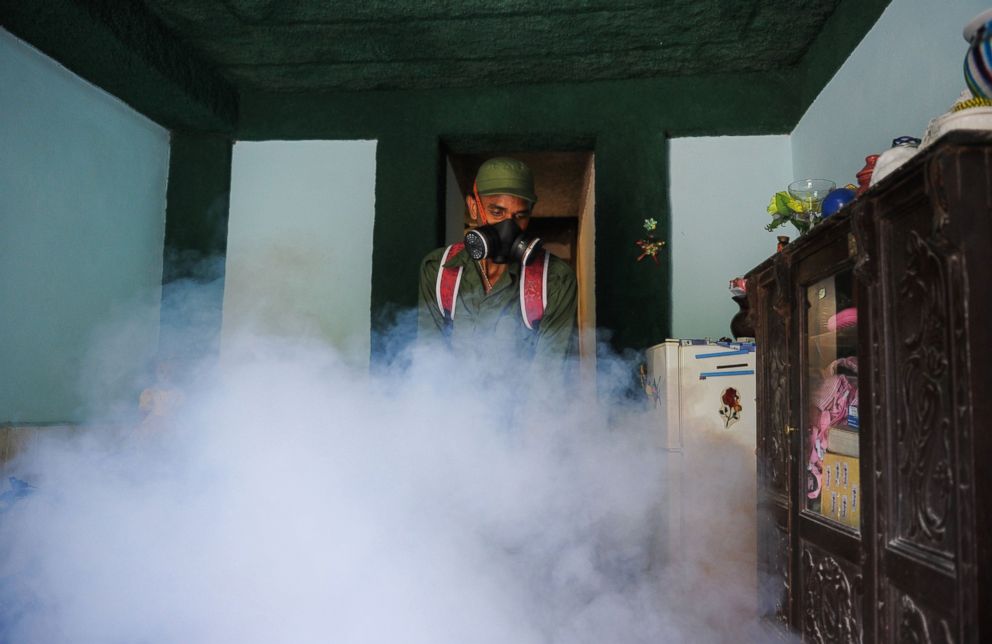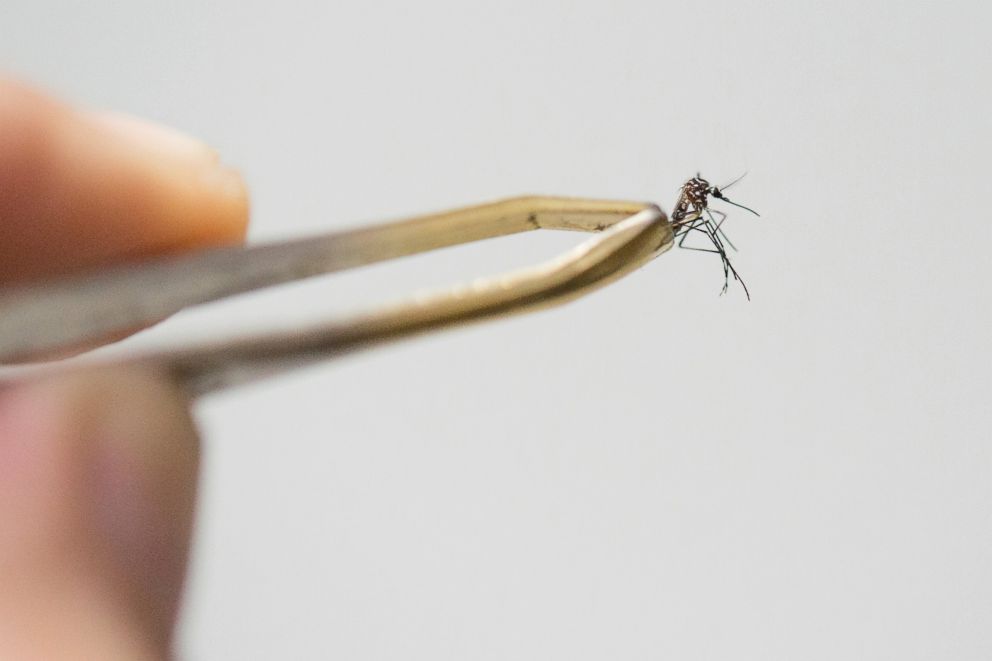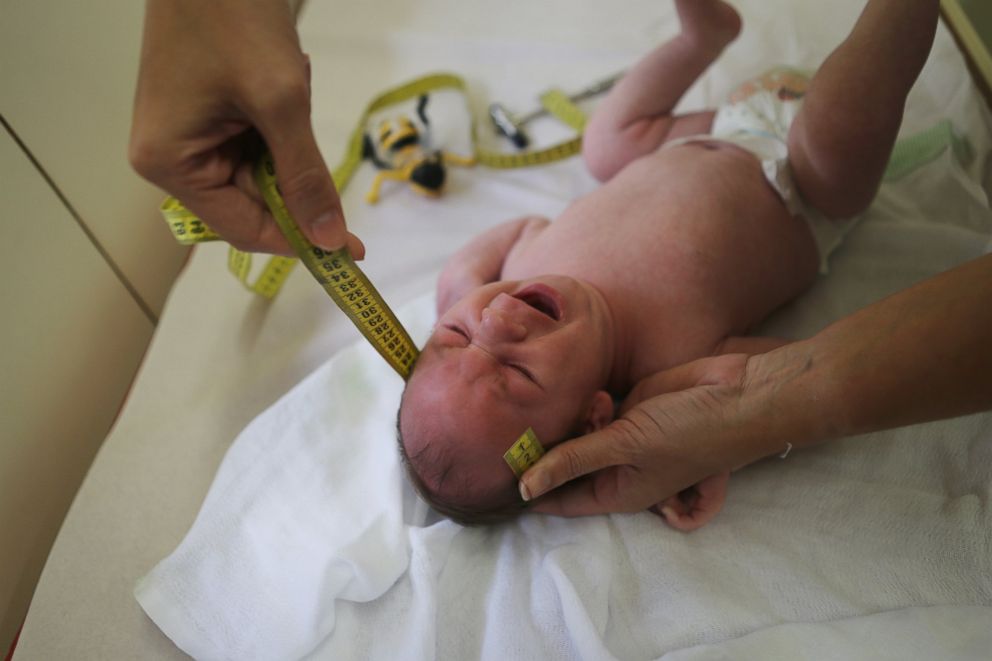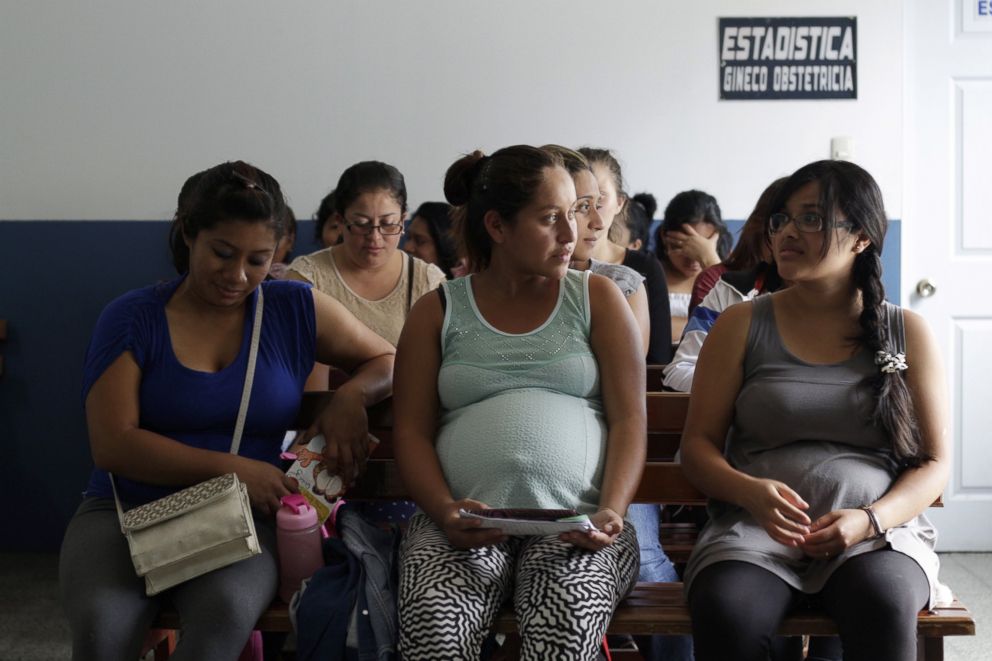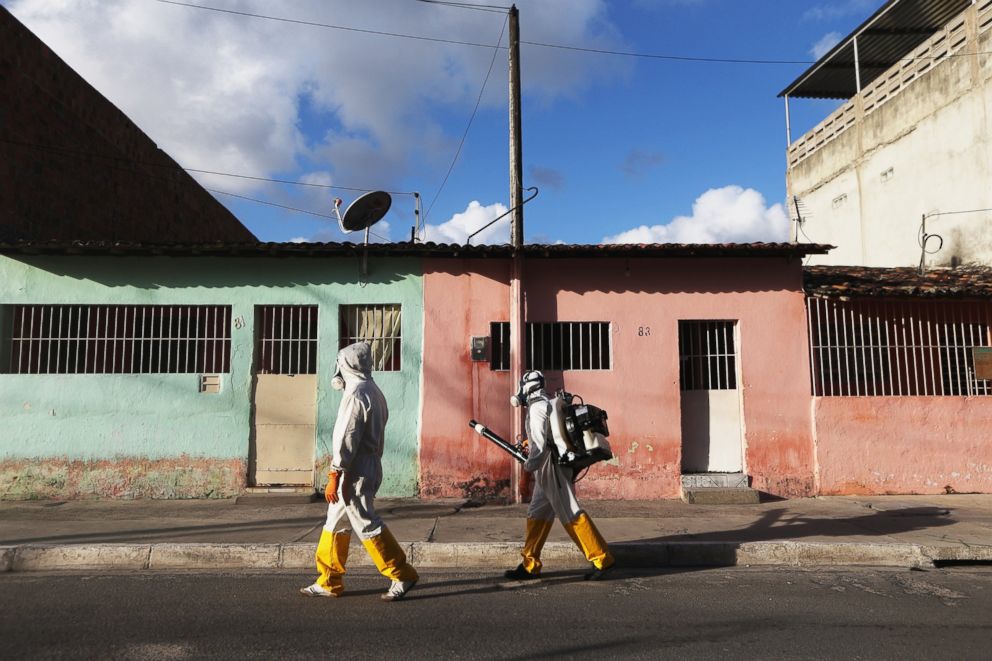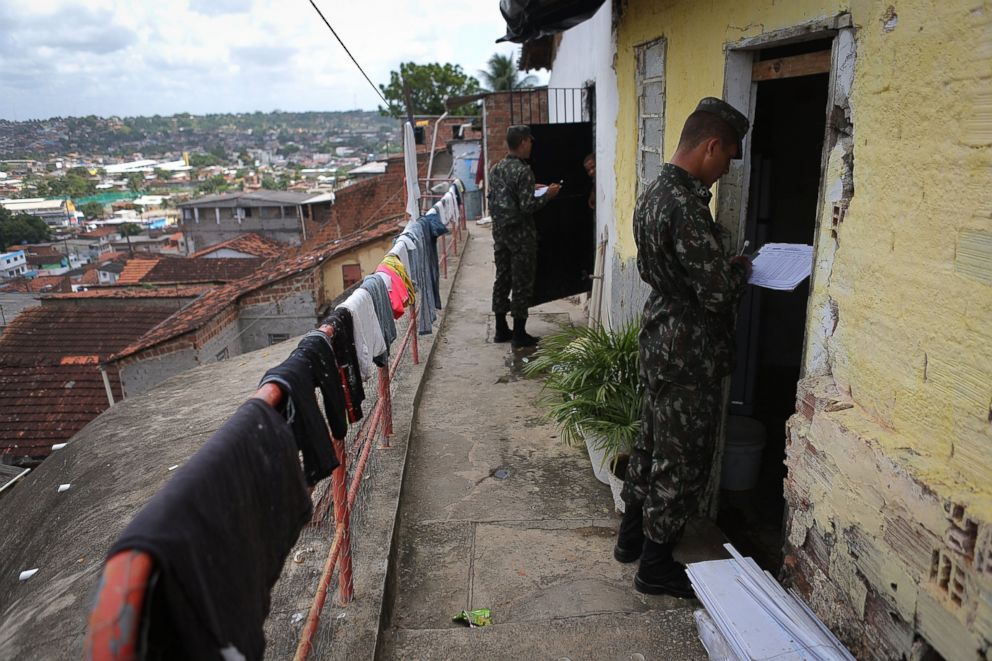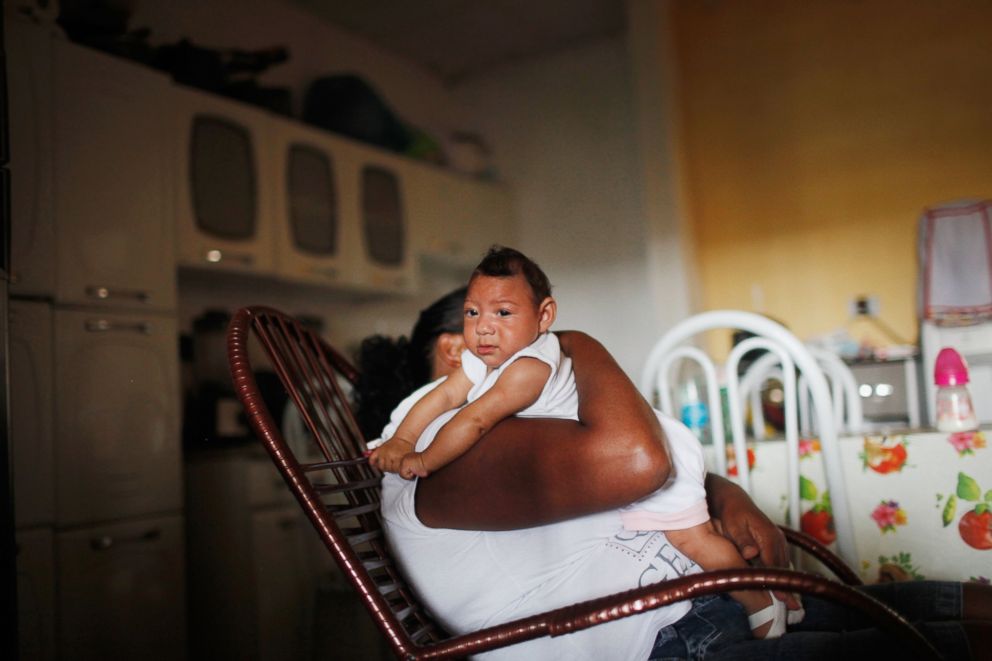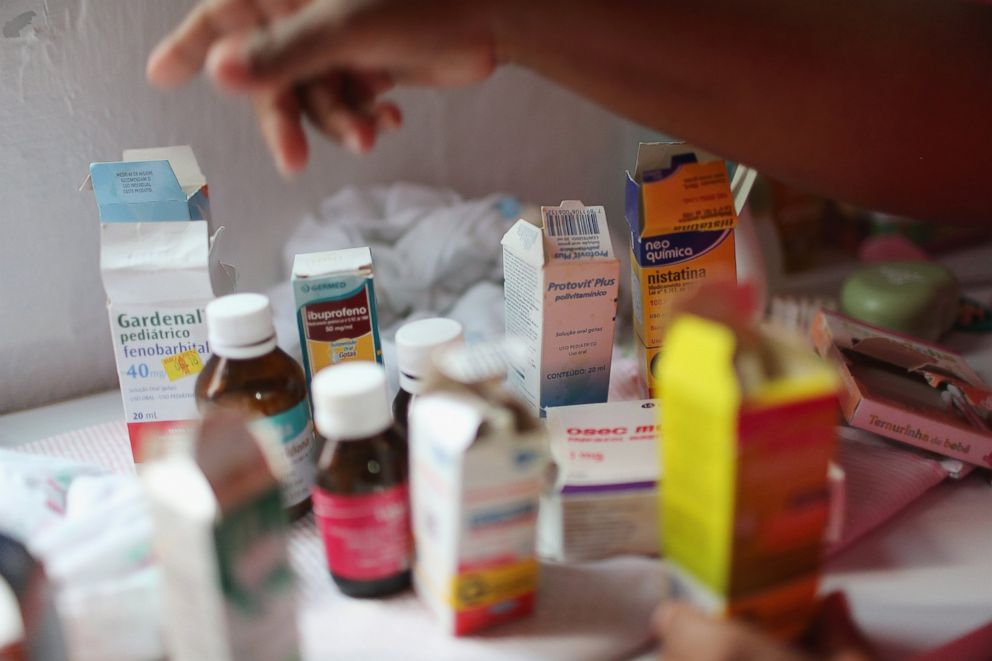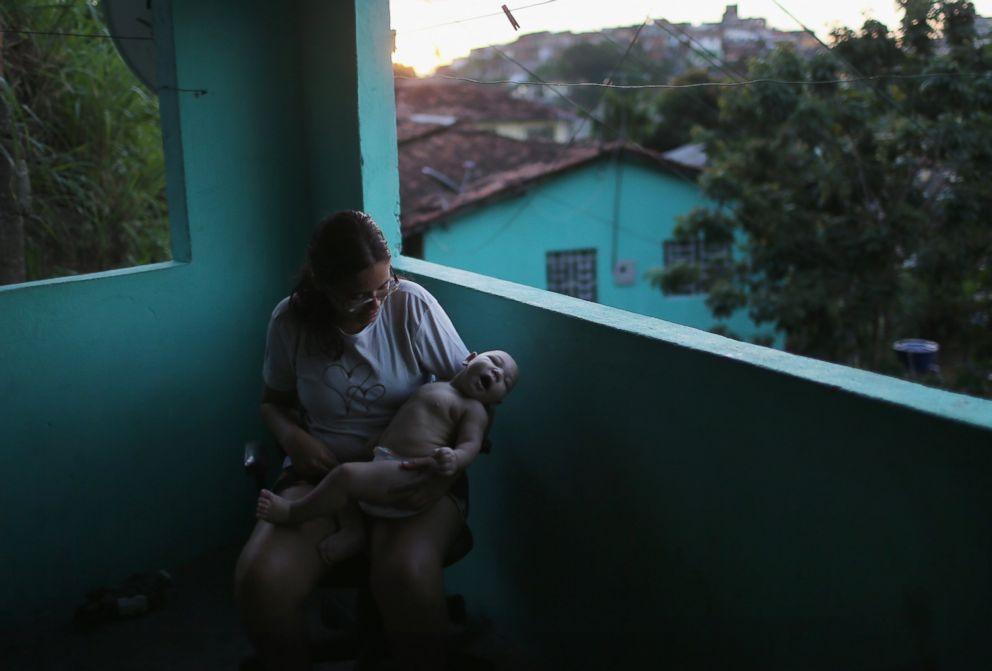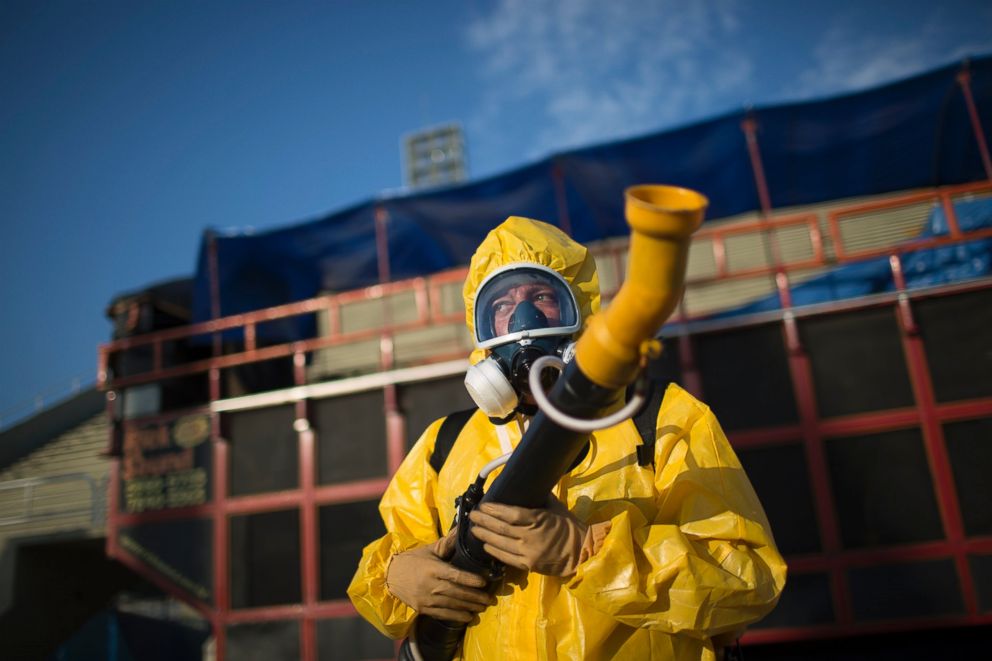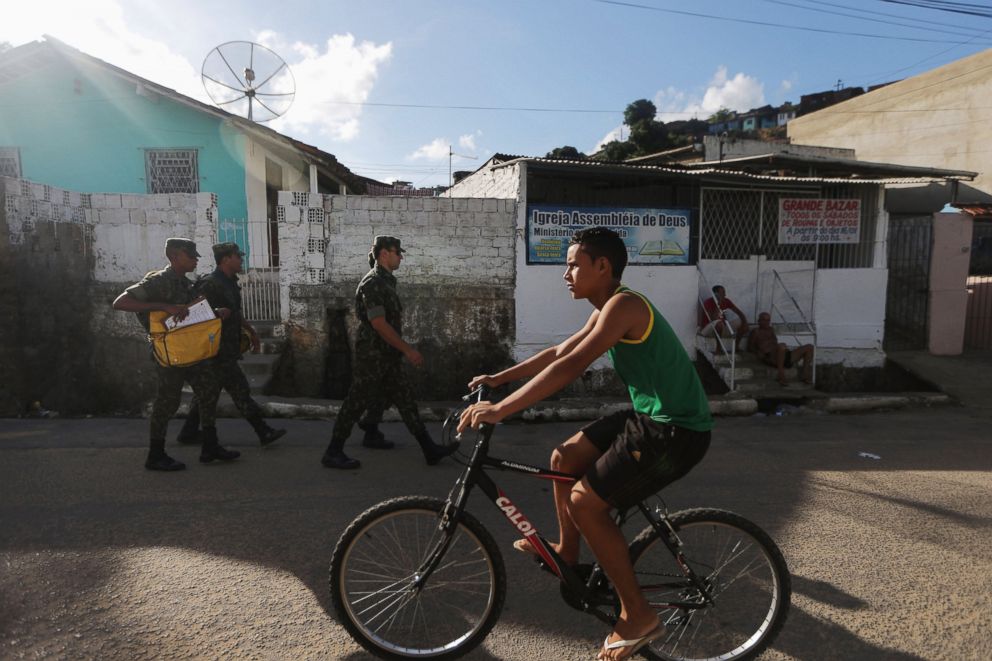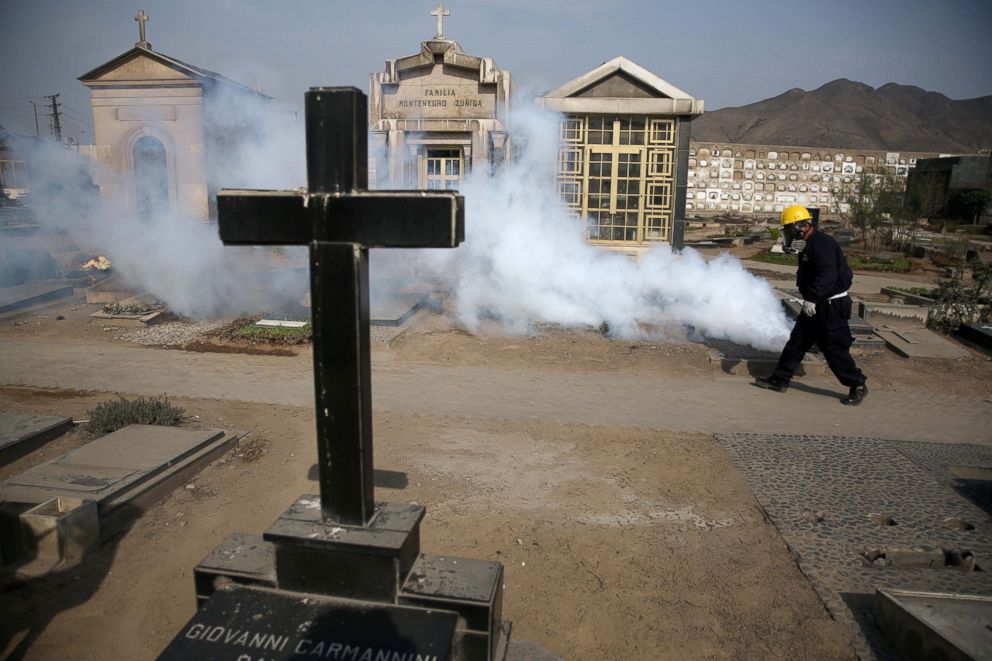Zika Cases Spike in Puerto Rico as Virus Spreads 'Silently and Rapidly'
CDC reports 5,582 people have been infected in Puerto Rico.
— -- The Zika virus is rapidly spreading though Puerto Rico, leading to more than 5,500 infections, the U.S. Centers for Disease Control and Prevention reported today.
Puerto Rico has been dealing with the Zika outbreak for months, and Zika infections have spiked recently, rising from 14 percent testing positive among those tested in February to 64 percent in June, the CDC reported. Officials are calling the situation in Puerto Rico "a Zika epidemic."
“The virus is silently and rapidly spreading in Puerto Rico,” said Dr. Lyle R. Peterson, incident manager for the CDC’s Zika response and director of the CDC's Division of Vector-Borne Diseases.
“This could lead to hundreds of infants being born with microcephaly or other birth defects in the coming year," Peterson said in a statement today. "We must do all we can to protect pregnant women from Zika and to prepare to care for infants born with microcephaly.”
Microcephaly is a birth defect characterized by an abnormally small head and brain, leading to significant developmental problems.
Of the thousands of people who have tested positive in Puerto Rico, 672 were pregnant women, according to the CDC. The virus has also been found in 77 of 78 municipalities in Puerto Rico and CDC officials believe the positive cases may be just a fraction of total Zika cases actually present, since 80 percent of infected people do not exhibit symptoms. But even asymptomatic people can transmit the virus to a mosquito if it bites them.
The Worldwide Threat of Zika Virus
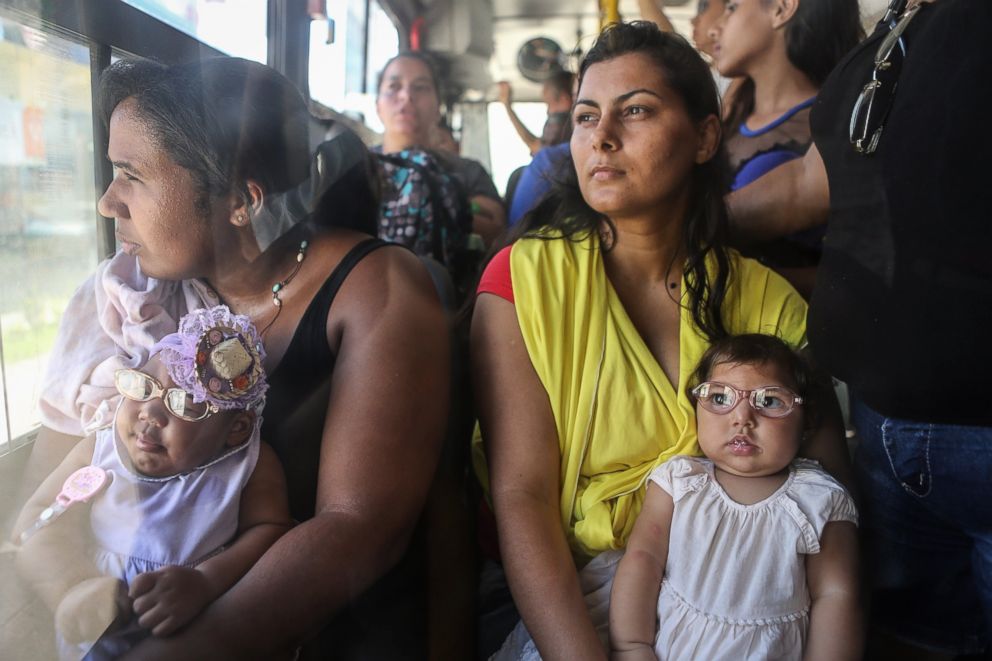
While the virus is mainly a concern due to its effects on fetal development, it has in rare cases been linked to serious complications in adults. Among people with confirmed Zika infections, 21 people have developed Guillain-Barre syndrome, which can lead to temporary paralysis. One infected person died after developing a severe low platelet count in their blood, officials said.
The CDC has urged the Puerto Rican government to increase mosquito control to reduce the population of the insects that spread the virus. Those living in Puerto Rico or traveling there are urged to wear bug spray and stay indoors to avoid exposure to mosquitoes.
Pregnant women and their partners are advised to use barrier contraception to insure the women aren't exposed to the virus through sexual contact.
